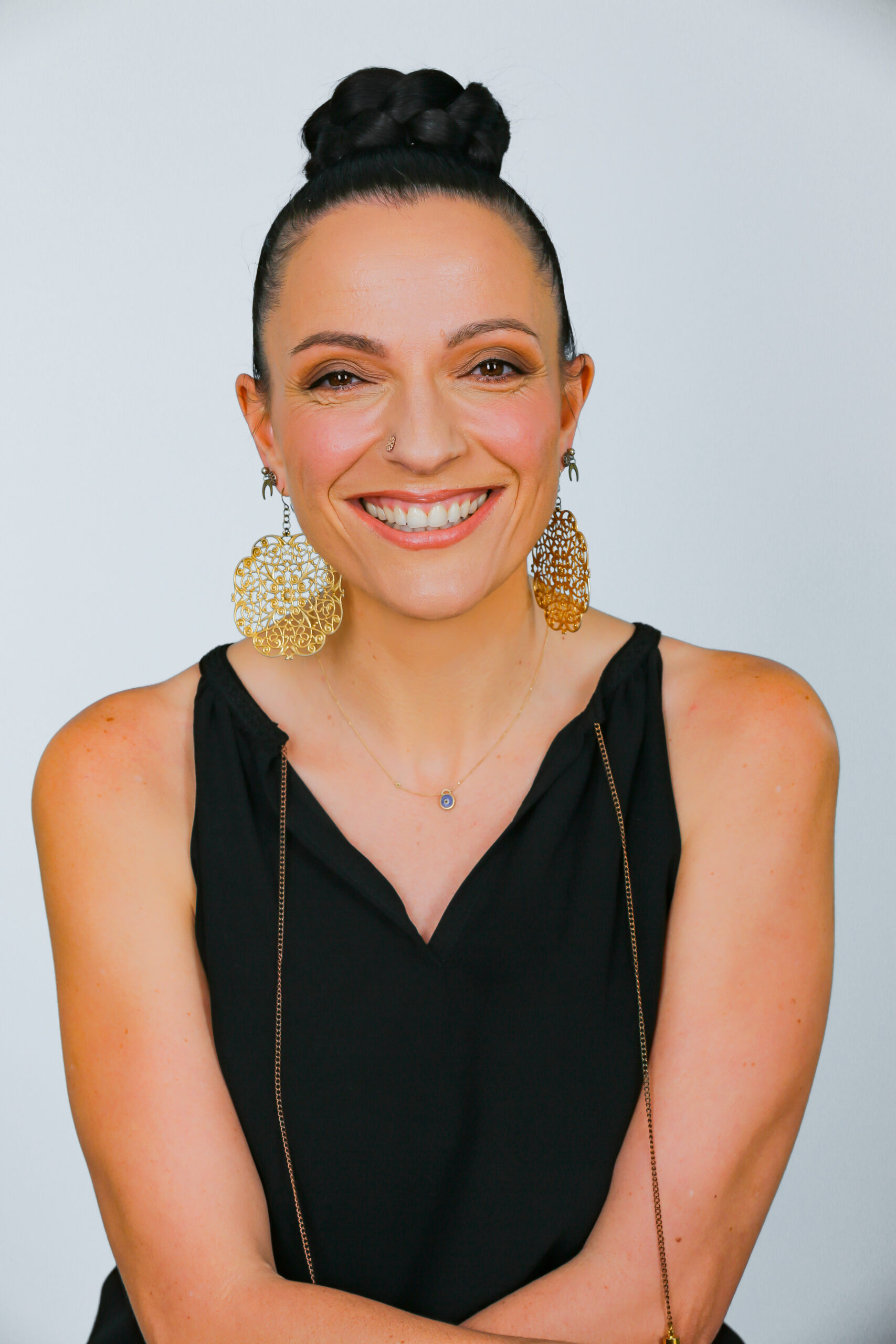We all experience hardships, some of them deeply impactful or traumatic; however, it is through the process of healing that we are able to enhance our resilience, cultivate effective coping strategies, and feel more at peace.
What isn’t healed tends to manifest in detrimental ways through our choices, distressing states of mind, and relationships, reminding us that it should be addressed. For this reason, committing yourself to healing and seeking guidance are the first steps towards, not merely managing, but thriving.
I provide psychotherapy to individuals seeking to better understand their symptoms in order to determine accurately what approach will be best suited to create positive changes.


